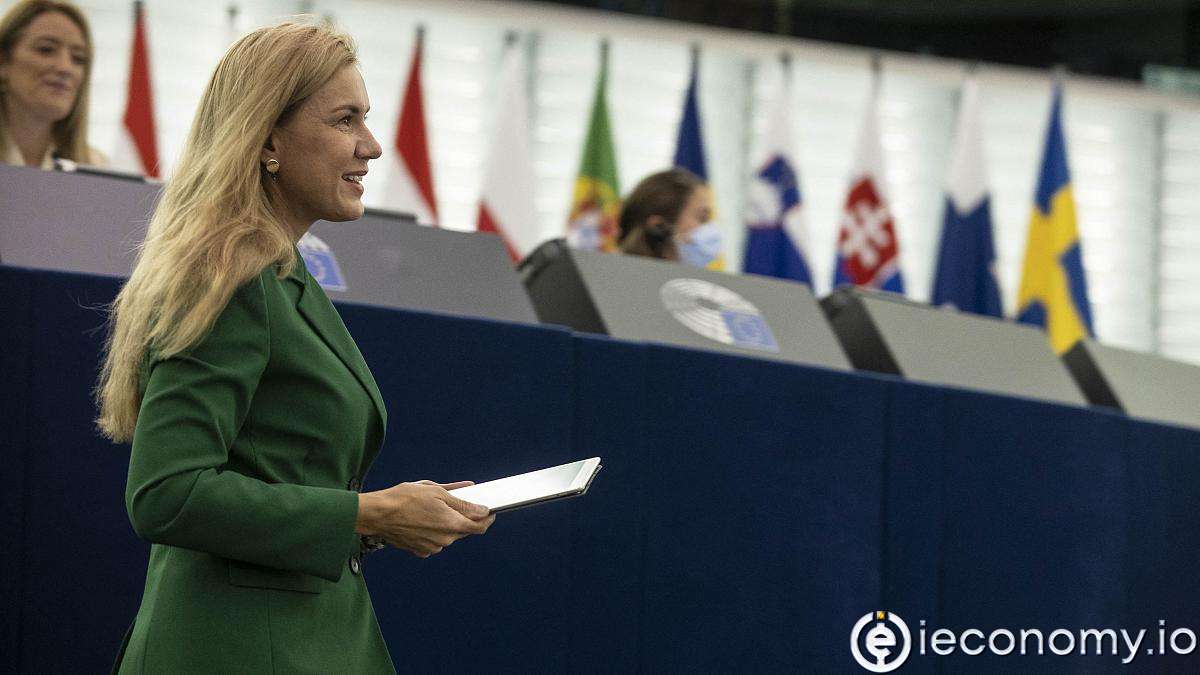2696
0
EU have enough gas in storage for the whole winter, says Simons
EU have enough gas in storage for the whole winter, says Simons. The EU Commissioner will soon present a plan to reform the gas market.

Yazar: Tom Roberts
Yayınlanma: 6 Ekim 2021 22:18
Güncellenme: 21 Şubat 2026 09:56
EU have enough gas in storage for the whole winter, says Simons
The countries of the European Union (EU) have enough gas in their storage tanks for the whole winter. But the sharp rise in prices shows that there is a need to move quickly to renewables and reform the gas market in the European bloc. This was announced on Wednesday by the European Commissioner for Energy Kadri Simson. Simson said in the European Parliament that gas tanks are more than 75% full across Europe. Although this is lower than the ten-year average, it is adequate to cover the needs during the winter season. In a debate on rising gas prices that have hit the EU's poorest citizens, are affecting companies' investment decisions and could slow the recovery of the European economy, Simson said she would soon present a plan for a general reform of the gas market. "By the end of the year, I will propose a reform of the gas market and, in this context, examine issues related to storage and security of supply," she said. One of the proposals put forward by Spain is for the Union to buy gas together, harnessing the power of its single market of 450 million consumers and also building up a strategic gas supply in the EU. In this context, Simson concluded that joint procurement and storage were worth analyzing. She also said that while the long-term response to higher gas prices was to increase renewable energy production, in the short term EU governments could provide targeted support to consumers. This is through direct payments to those most at risk of energy poverty and reductions in energy taxes. To help citizens, governments could use part of the money from the sale of carbon permits under the emissions trading scheme. At the same time, competition authorities must curb speculation in energy markets, she said. The Commission is due to present a list of measures in line with EU law next week. "Europe needs to respond by providing swift, coordinated action at Member State level, harnessing the strength of its single market and increasing its preparedness for a future crisis," Simson said. "It simply came to our notice then. We must also realize the importance of energy geopolitics and develop a more strategic approach to external energy policy, "she added.İLGİLİ HABERLER





European stocks soared and focus shifted to German retail sales after Powell's speech!

Forex Signal For TRY/USD: Inflation Slowdown in November.

Forex Signal For GBP/USD: Bullish Trend Still Not Breaking While Recovery Continues.

Forex Signal For EUR/USD: Starry US Data Points to Higher Fed Increases.

Forex Signal For BTC/USD: Downside Continues as Bitcoin Recovery Moves Less.
En Popüler Haberler
Yorum Yap
Yorumlar
Henüz yorum yapan yok! İlk yorumu siz yapın...